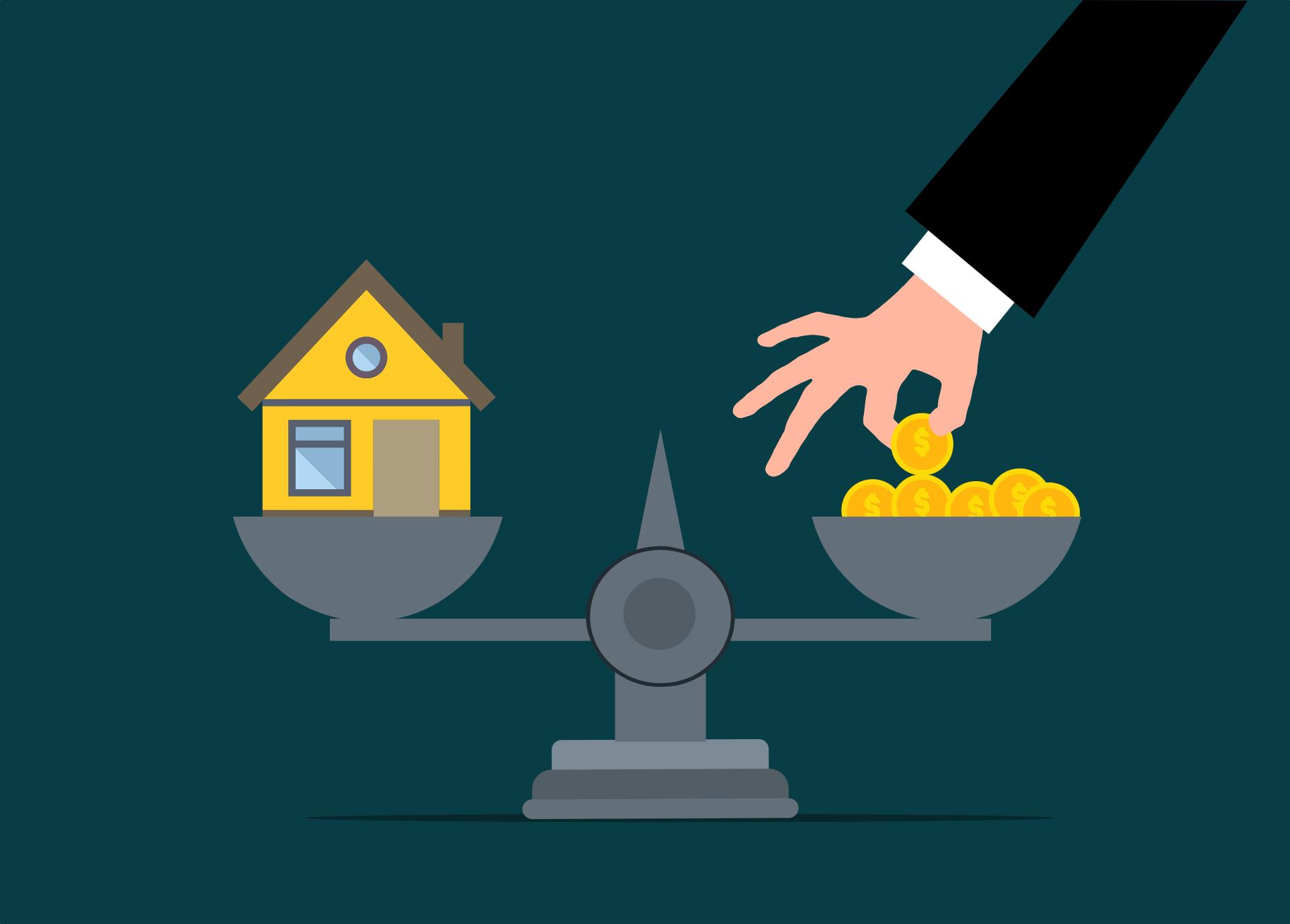Have you ever paused at the doorstep of a potential home and wondered how much it really costs? Real estate investments hinge not just on price tags or curb appeal, but on understanding mortgage rates. Those pivotal figures which dictate your monthly payments and long-term financial planning.
In this article, we get into the essentials of mortgage rates, offering you the knowledge to make empowered decisions. Whether you're buying your first home or adding to your portfolio, the right insights can transform your approach from cautious to confident. Keep reading to demystify the numbers and master the market of your next big investment.
What Are Mortgage Rates?
Mortgage rates are the interest rates assigned to a loan used for buying a property. These rates are crucial in home financing because they determine the monthly payments homeowners will make over the life of a mortgage.
Several factors influence mortgage rates, including:
- The broader economic environment
- Policies set by the Federal Reserve
- Other market conditions
For example, when the economy is strong, rates tend to rise to keep inflation in check. Conversely, in tougher economic times, rates might drop to encourage borrowing and stimulate spending.
Types of Mortgage Rates
When it comes to mortgages, there are mainly two types: fixed-rate and adjustable-rate mortgages (ARMs). A fixed-rate mortgage locks in your interest rate for the duration of your loan. It provides stability in your monthly payments regardless of market fluctuations.
On the other hand, an adjustable-rate mortgage might start with a lower rate than fixed-rate mortgages, but this rate can change with market trends, which could either increase or decrease your payments over time. While fixed rates appeal to those seeking predictability in their budgeting, ARMs can be advantageous to those expecting to move before the rate adjusts or who anticipate lower rates in the future.
How to Find the Best Mortgage Rate For Real Estate Investments
Finding the best mortgage rate requires a combination of good credit, a strong down payment, and the right loan term. Credit scores significantly impact the rates lenders offer. The higher your score, the lower the risk to the lender which often results in more favorable rates.
A substantial down payment can also reduce your rate because it decreases the loan-to-value ratio. This is a measure lenders use to assess risk.
Additionally, comparing rates from multiple lenders can lead to substantial savings. This highlights the importance of shopping around and understanding the terms of each offer when considering rental property investments or any home financing.
The Key to Property Profits
As we dissect the complexities of mortgage rates, remember that each point and percentage reflects more than numbers; they map the path to your financial aspirations. At PMI Virginia, we leverage decades of expertise in the real estate market to guide you through these pivotal decisions. We're all about enhancing the value of your investments while maximizing rental income.
Discover how our tailored advice can refine your investment strategy. Visit us today to explore new opportunities in real estate investments, and let us help you turn potential properties into profitable realities.


